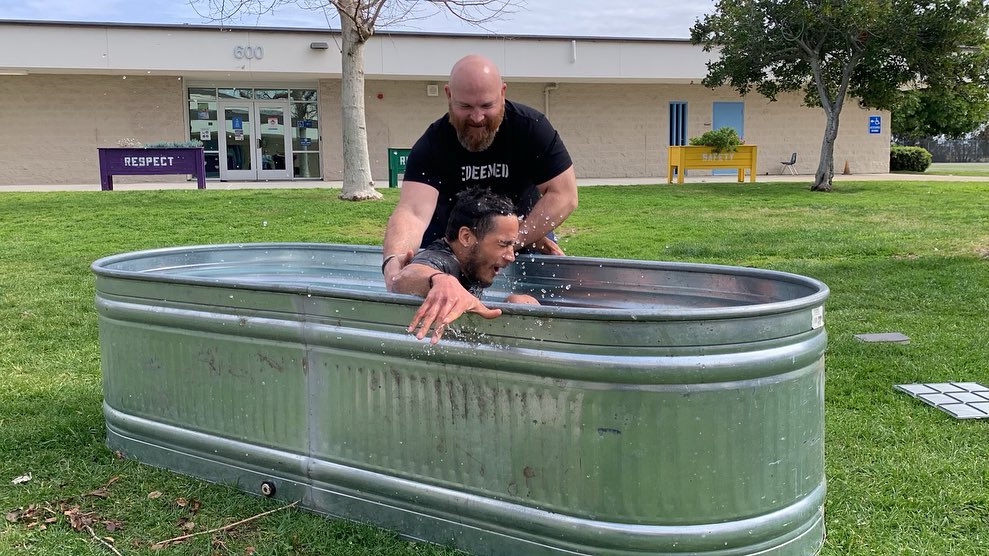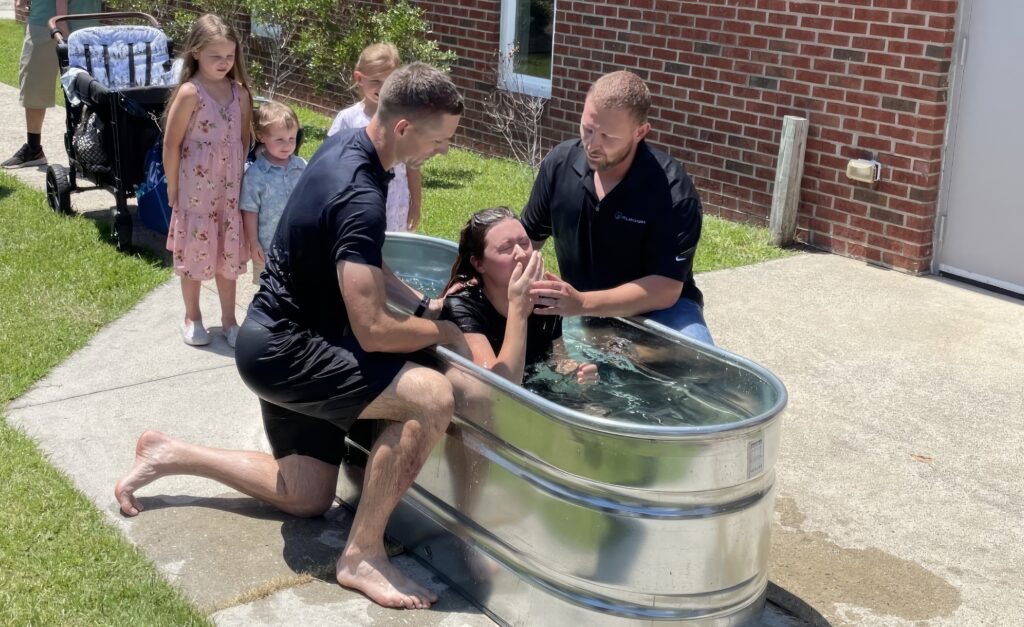During this blog post series, I am trying to help you assess your church by providing ten questions to evaluate your church’s approach to each of the purposes of the church: worship, evangelism, discipleship, ministry, prayer, and fellowship. In addition, I ask about your church’s biblical foundation and Great Commission commitment. Today’s questions focus on your church’s fellowship.
Does your church use nametags? I have posted about this idea in the past. While not everyone agrees with this approach, I have seen it work in churches of all sizes. Fellowship is simply easier when you know names.
Are new members directed automatically to small groups? Some churches simply encourage new members to join a small group, while others expect small group leaders to take the initiative to engage and invite new members to their group. Those who take the initiative to pursue members tend to connect with more members.
Do small groups plan at least quarterly fellowship gatherings? It’s good for small groups just to hang out together. Deep friendships can begin to develop in informal gatherings like a ballgame or a picnic.
Deep friendships can begin to develop in informal gatherings like a ballgame or a picnic.
Does the entire church gather regularly for fellowship? I realize this goal becomes more difficult as a church gets larger, but I encourage such gatherings as long as the church can do so. Even if the church does so only once or twice a year, the energy of the gathered church can be positive.
Are fellowship events designed to encourage good works? Again, I’ve posted about this topic previously. If your church seeks to be a Hebrews 10:25 church, fellowship events cannot be about food alone; they must be about encouraging members to return to the world as lights in a dark world.
Does your church strategically use testimonies? Handing a microphone to just anyone is never a good idea, but properly utilized testimonies can be a powerful way to introduce church members to one another. Get to know each other by talking about the miracles God has done in your lives.
Are new members helpfully introduced to the church? Some churches briefly introduce new members, but their approach is nothing more than sharing names. Technology allows us today to introduce folks via testimony, interview, home visit, etc. Spend some time in introducing people well, and your church’s fellowship will be stronger.
Spend some time in introducing people well, and your church’s fellowship will be stronger.
If your church has more than one service, are new members introduced in all services? Here, technology can help us again. Use it to make sure all services see what God is doing in other services. If you baptize in one service, record it and show it in other services – and ask the baptism candidate to be present. Intentionally connect names and faces across the services.
Does your church offer training for biblical conflict resolution? It’s no secret that the enemy wants to divide congregations, thus weakening fellowship. If you want to hinder the enemy’s strategy, train your folks how to resolve issues biblically. Break the enemy’s technique before he ever gets a foothold in your church.
Are leaders approachable? Approachability and accessibility may be limited to a few minutes before and after a service, but those few moments used wisely can make a difference. Appropriate vulnerability in preaching can also show our humanness – and that, too, invites others to relate to us at a different level. A “family” feel then strengthens the church’s fellowship.
Suppose you were to score each question on a scale of 1-10 (with 1 being “I’m very displeased with where my church is” and 10 being “I’m very pleased with where my church is”), what would your score be? What other questions would you add to this list?
Published November 9, 2015




